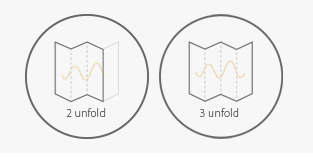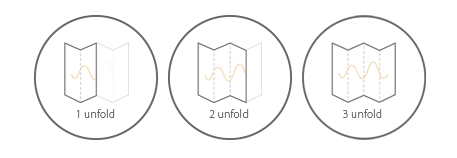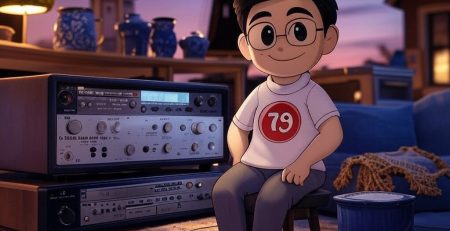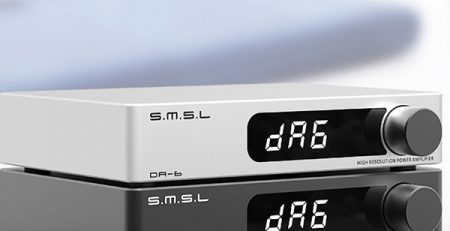MQA is confusing, let me unfold it for you.
Update: Over the last few months, MQA has been a controversial subject and we’ll delve into that at the end.

MQA is a newer technology within the audio world that is, according to MQA, “packaged efficiently to retain all the detail from the studio recording”. The full quality that the original music has to offer, but condensed into a smaller file size which is ready to be unfolded, much like origami.
MQA states that they retain “100% of the original recording” whereas “an MP3 file keeps just 10% of the data”. To listen to MQA music can be a little bit of a faff. This is because to fully unfold their audio origami, you need an MQA compatible device.
Here is how the unfolding process works.

The First Unfold
The first unfold works using an MQA Core Decoder. This first unfold is able to deliver “higher than CD-quality” at around 88.2khz or 96khz. This process can happen within desktop or mobile apps, including TIDAL’s own app.
It is important to note that if you are using an android phone, the MQA playback will not play at 88.2khz/96khz. This is because the android system caps the audio at 44.2khz before sending it to the DAC. To bypass this, you would have to use UAPP (Universal Audio Player Pro) which is a £6 app, along with the £3 MQA addon.

The Second (and final) Unfold
The second unfold occurs using MQA Renderers. These take what the MQA Core Decoder has done and fully decodes them to deliver the full MQA quality. This second decoding requires a secondary device such as a USB DAC which supports MQA decoding.
With this step, your MQA audio is completely unfolded. There is, however, one more step if you should want to take it.

The All-In-One Unfold
Devices that offer this feature claim to get the highest possible sound quality that can be achieved. MQA claims that “at this level of playback you are hearing what the artists created in the studio- with precise file and platform-specific DAC compensation and management”. To get these results, you will need an MQA Full Decoder and these devices are expensive, in the hundreds of pounds dependent on the brand and the capabilities of the device. They perform all three steps of the unfold themselves.
If all of this is too much effort and sounds a little convoluted to you, Spotify is will soon have its CD-quality tier, and for most people that will suffice. If you are like me, however, then you’ll feel curious about just how clear and accurate music can sound.
Now, hopefully, this explains how MQA works- but I feel it’s important to address some of the controversy surrounding the software. YouTuber ‘GoldenSound’ ran his own tests to see if MQA really is all it is cracked up to be and he found that the software was rather underwhelming when it came to actually demonstrating the claims that MQA has been making. I will link you to the original video below so that you can see for yourself, but he shows that MQA’s claims of lossless sound are unfounded and that much of the original data from the studio recordings do not translate to the MQA unfolded files.
Now, I am by no means an expert and I implore everyone to do their own research before deciding whether or not MQA is a fit for them. Personally, whilst I do use Tidal, my DACs that I use do not have MQA support and so, more often than not, I listen to FLAC files that sound superb. Is MQA just snake oil then or are we missing something?
Link to GoldenSound’s video: https://www.youtube.com/watch?v=pRjsu9-Vznc&t=333s&ab_channel=GoldenSound
MQA Deep Dive Part 2 – MQA’s Response












